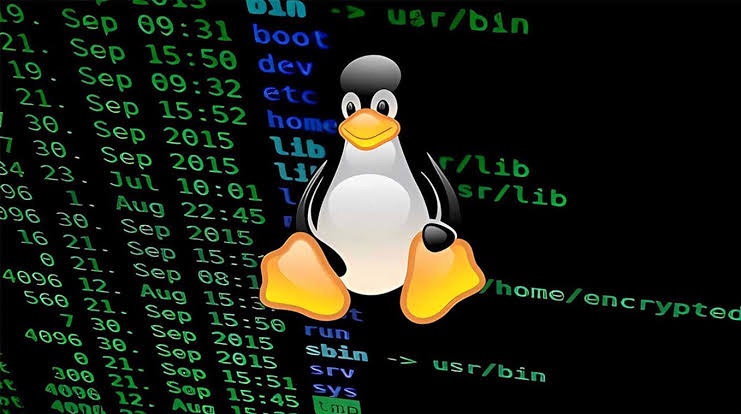On March 31, 2024, the cybersecurity world was thrust into high alert with the revelation of a sophisticated backdoor within XZ Utils, a widely used compression tool in the Linux ecosystem. The intricacy of this backdoor suggests the hand of a state actor, spotlighting the ongoing vulnerabilities within open-source software. This post delves into the discovery, implications, and protective measures related to the XZ backdoor, aiming to arm users and developers with the knowledge to safeguard their systems.
Discovery of the XZ Backdoor
The backdoor came to light through the diligent efforts of security researchers conducting a routine audit of the XZ Utils source code. They stumbled upon a code segment cleverly designed to enable unauthorized remote access, masquerading as benign to evade detection. Its sophistication indicates a deliberate effort to implant a stealthy gateway into countless Linux systems.
Affected Linux Distributions
Given XZ Utils’ integration across the Linux landscape, numerous distributions, including powerhouses like Ubuntu, Debian, and Fedora, potentially harbor this backdoor. All versions released prior to the disclosure date are at risk. The security community is in a race against time to pinpoint affected distributions and develop necessary patches.

The Security Community’s Response
Security experts are in the thick of dissecting the backdoor’s mechanics to grasp its full capabilities and scope. Parallelly, efforts to craft a patch are underway, aiming to shore up this breach in the digital bulwark. Users are urged to upgrade their XZ Utils packages to the latest iteration, which contains vital fixes for this vulnerability.
Open-Source Software Security Implications
This incident serves as a stark reminder of the inherent security challenges within open-source software. While its openness fosters innovation and collaboration, it also lays out a welcome mat for adversaries. This episode underscores the necessity of heightened security protocols, including regular audits, rigorous code reviews, and the employment of static code analysis tools, to fortify open-source offerings against such insidious threats.
How to Protect Your System
Users of affected Linux distributions can take several steps to mitigate their risk exposure:
- Update Immediately: Ensure your XZ Utils package is upgraded to the version containing the fix for this vulnerability.
- Stay Updated: Keep all software, including your operating system, up to date with the latest security patches.
- Install Wisely: Exercise caution by only installing software from reputable sources.
- Be Vigilant: Remain cautious about the links you click and the email attachments you open to avoid malware that could exploit the backdoor.
















Add Comment